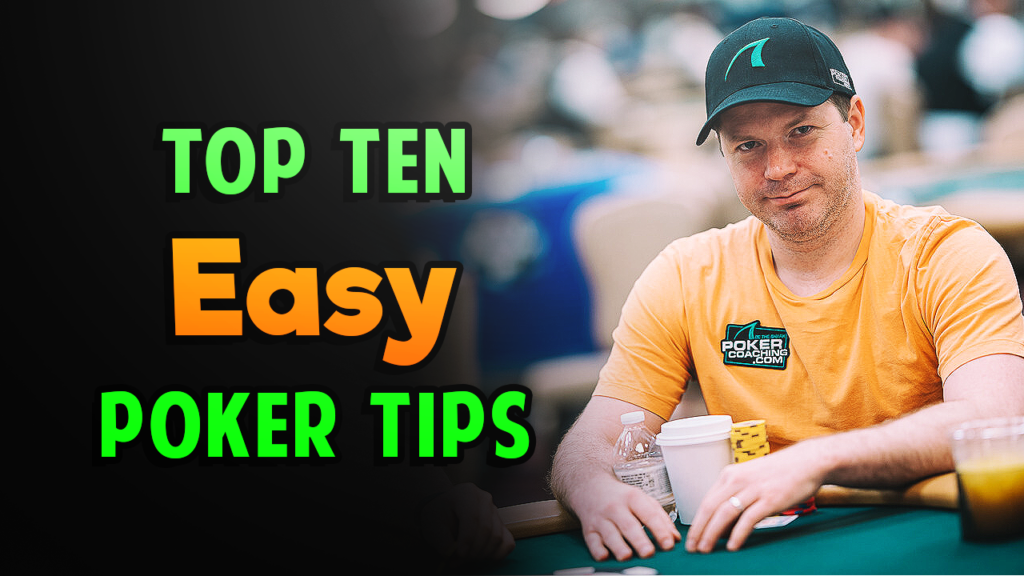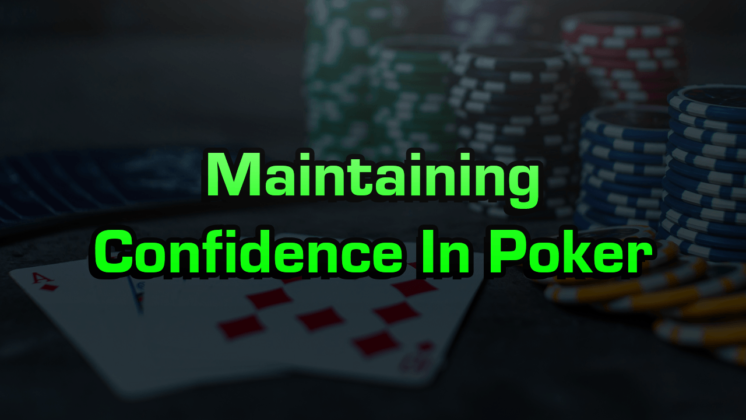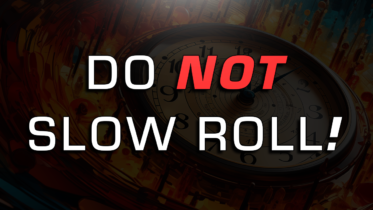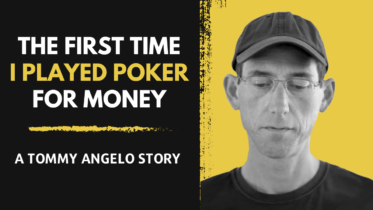Today we will talk about a mental issue that I see in a lot of poker players, including myself. The issue in question is the failure to realize that the objective of this game is to not win the most pots, but to win the most money. The ability to recognize in your game when you shift gears and into this negative mindset is very important, especially in very aggressive players.
Shifting From Winning Pots To Winning Money
Let’s start by exploring the reasons why your mindset can shift to trying to win the most pots rather than the most money. The first is overconfidence, which can be a very strong form of emotion and tilt. Overconfidence is very prevalent in poker, however most are unable to recognize it. For me, my overconfidence shows up at very soft tables when I know I have a big edge. I try to push the limits, I know my opponents are not aggressive and won’t put me in tough decisions, I feel like I can win every pot. Poker does not work this way, these exact thoughts are what can turn a very profitable player into a marginal winner or even a losing player very quickly.
Players fail to recognize they are making the same mistake their opponents make, but they believe they are able to overcome such errors. Perhaps they are able to some degree, but overall these thoughts can lead to overconfidence and poor play. For me, I try to recognize overconfidence before the emotion becomes too strong to fix. My first sign of overconfidence is when I start to justify loose calls preflop or loose ISO raises preflop. At this first sign, I use a tool Jared Tendler coined injecting logic to help stop the emotion there.
Step 1 is recognizing the emotion, in this case overconfidence. Step 2 is to take deep breath, this step is to help ground yourself and bring you back to neutral. Step 3, I inject a logical statement, for overconfidence, “It is impossible to win every hand, patience is one of the most important skills in poker.” Another injecting logic statement I use is, “There are no bad players, everyone has their own strengths and weaknesses, my job is to exploit the weaknesses while recognizing their strengths”. These injecting logic statements are meant to help put a band aid on the issue while you continue to play. You may want to have them written down somewhere so you can easily access them.

Crush cash games and poker tournaments with Jonathan Little’s Top Ten Poker Tips.
Going With Your “Gut”
While too much confidence can be a tilt issue that needs to be corrected, too little confidence is also a major issue in poker. Perhaps a run of bad cards or a negative run in variance is leading to lower confidence, this can lead to doubt or not trusting your gut. What is your gut by the way?
Your gut instinct are skills that are trained to the level of unconscious competence, meaning you don’t need to consciously think for these skills to be enacted, they are trained to the highest level. Being able to continually make the highest EV decisions with low confidence can be tough. Sometimes you are making the right decisions, but your confidence is so low that you don’t recognize you made the right decision. Variance leads you to think you made a weak decision.
Application To Coaching
I had a student yesterday experiencing a downswing, he showed me a hand to review but prefaced the hand by saying “ I was card dead for hours and hadn’t won many pots, I was having a bad week and played this hand too weak because of that.” After reviewing the hand where he had a pair plus a flush draw, and ended up just calling flop and turn and losing to a weak top pair on the river when he missed. I actually informed him I thought he played the hand perfectly.
I didn’t want him to raise the flop or turn because the opponent was displaying lots of strength. In reality, this was variance that the opponent vastly overplayed weak top pair multi-way and we had no idea this hand was in his range. His confidence was low after this hand in real time because he would have won the hand had he played more aggressively. In reality, most of the time he would have ran into a monster had he played the hand aggressively.
Confidence can play huge tricks on our brain, it can change our perception of reality and affect our decision making. We need to be careful of both over and under confidence, being able to recognize both and correct them is key to improving your game.



